Don't Think I've Forgotten paints a portrait of Phnom Penh in the years running up to the U.S. bombing of Cambodia as a rapidly modernizing city with a rich, cosmopolitan culture. The end of French colonial rule in 1955 had lead to a period of increased artistic freedom, with Prince Sihanouk, a composer and singer himself, being one of the most vocal cheerleaders for the new renaissance. It was also a time of relative peace for the country, Sihanouk having so far been able to maintain a position of neutrality vis a vis the war in neighboring Vietnam.

The integral role of music in Cambodian culture, and a healthy influx of pop records from across the globe, insured that Cambodian popular music in particular would thrive during this time. Director John Pirrozi spends the first half of his film chronicling the various genres that developed, starting in the 1950s with the "adult pop" of crooner Sin Sisamouth and his frequent duet partner, the mesmerizing Ros Serey Sothea. From there he moves on to Ye Ye and French pop inspired acts like Huoy Meas, the impish Pen Ran and then to the emergence of “teenage music”' with Shadows-inspired guitar instrumental bands like Baksei Cham Krong. Finally, in the late 60s, come bands like Dakkar, who were influenced by the harder sounds of the records being brought over from the U.S. by American G.I.s.
If you have seen
Golden Slumbers, Davy Chou's powerful documentary on Cambodian cinema's brief golden age, you know the turn that this narrative is going to take, and see the villain on the horizon whose shadow will make it impossible for you to regard this story of musical discovery with anything but grim trepidation. In 1970, amid the panic and confusion caused by the U.S. bombings, Sihanouk was deposed in a military coup. Cambodia plunged into civil war and, in the resulting chaos, a foothold on power was gained by the Khmer Rouge, a sect whose nihilistic brand of communism had no place in it for long haired rock and roll types.

When Khmer Rouge leader Pol Pot and his forces arrived in Phnom Penh, they wasted no time in making clear that they considered themselves to be, not saviors, but an occupying army. The citizens were driven from the city, many of them, regardless of vocation, to become forced farm laborers as the Khmer Rouge strove to convert Cambodia to an agrarian economy. Among the luckiest was Dy Saveth, a beloved film actress who managed to get on a flight to France, where she would work as a maid for a number of years. The least lucky were slaughtered.


Given the care that Pirrozi takes in communicating the vibrancy of the Cambodian music scene at the time--combining expertly edited file footage of go-go dancers and crowded nightclubs with performance clips and fond reminiscences from the survivors--the naming of the dead that follows is excruciating. In keeping with the film's title, the director, rather than hammering us over the head with the tragedy, puts his best efforts toward giving us a sense of what was
lost. Thus, every familiar name that makes up this list--and the aforementioned Sin Sisamouth, Ros Serey Sothea, Huoy Meas, and Pen Ram are all among those killed--cuts even deeper.
By now, the words “Khmer Rouge” and “Pol Pot” have become synonyms for genocide and brutal oppression, and it would be tempting for a filmmaker to see them as providing their own context. For this reason, Pirrozi is to be commended for taking pains to outline the political context of his film’s events, including interview snippets with historians and government officials among those with artists and fellow travelers. Even for someone familiar with that history, this serves to evoke a more dimensional picture of the times—as well as making painfully clear the bubble-like fragility of Cambodia’s position as an island of peace within the ocean of war and unrest that was Southeast Asia in the late 60s.


Pirrozi also deserves props for not letting the Sihanouk regime off the hook and—as the Prince himself would no doubt prefer—portraying them as well-meaning victims of history. In other words, there were good reasons that so many workers threw their lot in with the Khmer Rouge in the beginning. Nonetheless, I doubt that so many of them would have done so had they known that the Pol Pot regime’s programs would leave in their wake a tally of their murdered countrymen that numbered in the millions.
World cinema abounds with stories of Rock and Roll’s liberating power, with various permutations of the leather clad guitar slinger facing off against The Man in his many guises; punitive school boards, repressive clergy, greedy record executives, Satan himself (I’m looking at you, Jon Mikl Thor), etc. In almost every case, rock’s raw authenticity and emotional power triumphs over the innate bogusness of anything that stands in opposition to it. In
Don’t Think I’ve Forgotten, we see the true story of Cambodian pop musicians—a polite and mild mannered lot, to my eyes—who are no match for a perverted authority who sees their extermination as an expression of its core beliefs, and that is absolutely unrestricted in the level of atrocity it will employ in doing so. It would be nice, at this point, to see a King Creole figure descend from the rafters to teach Pol Pot and his crew how to do the boogaloo, leading us into a rousing musical finale in which all is forgiven and all differences are set aside. Sadly, life just doesn’t work that way.











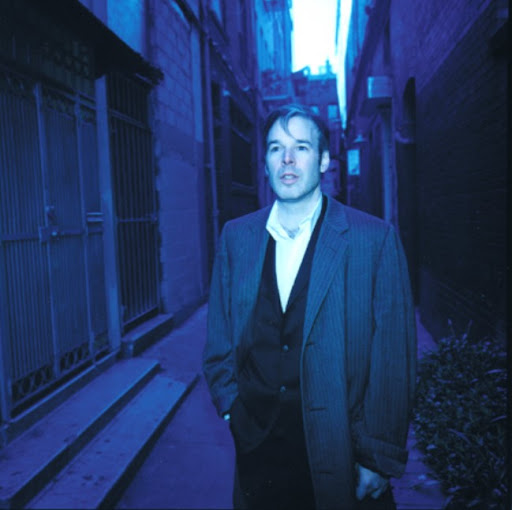

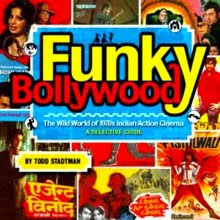
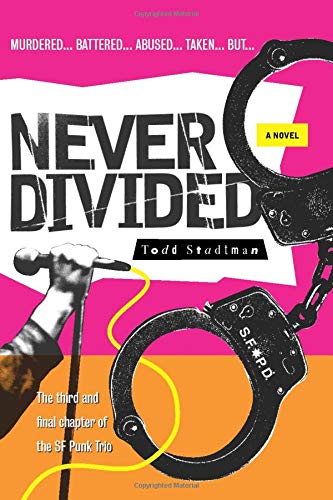
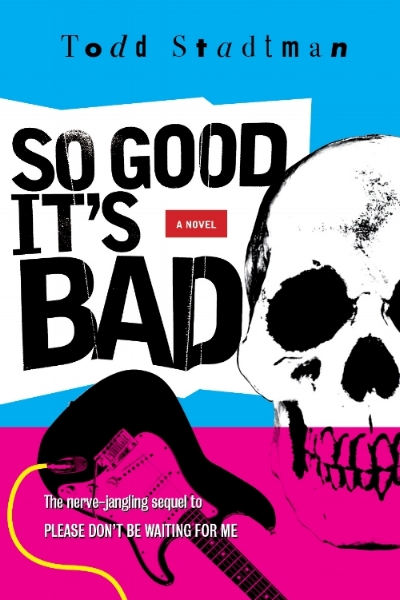
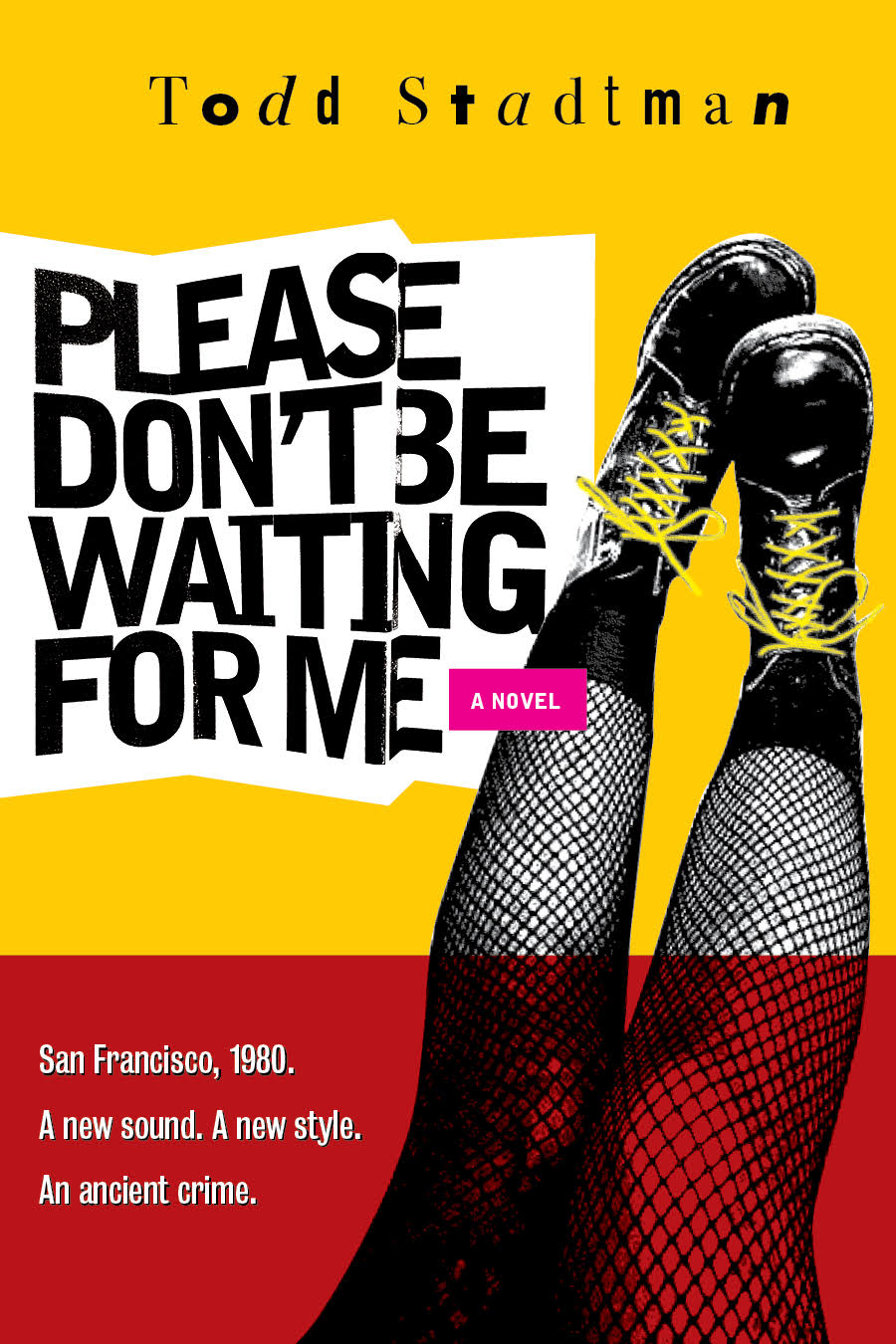


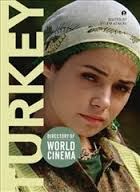
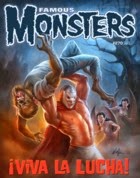







































No comments:
Post a Comment